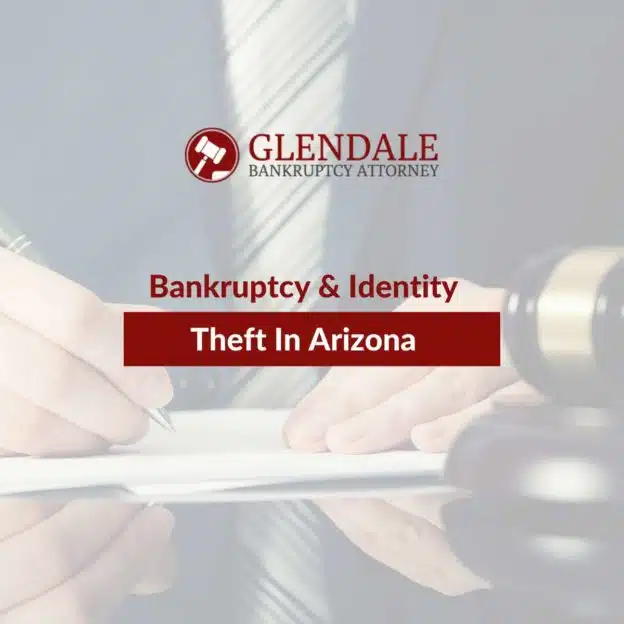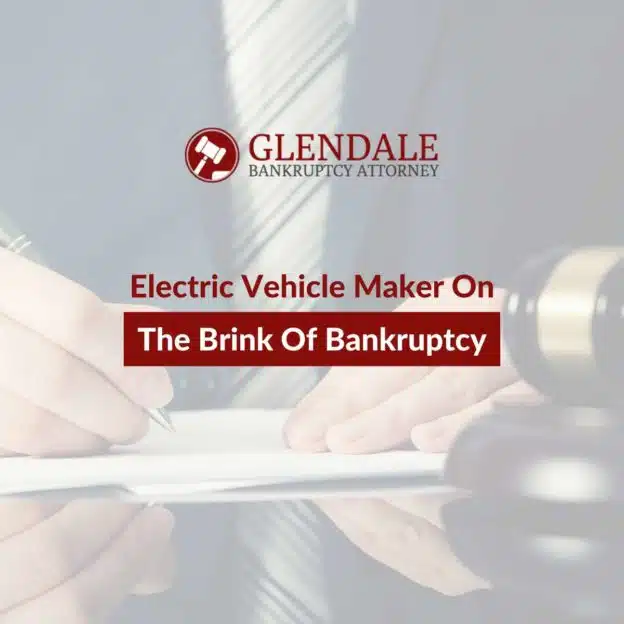Can Sextortion Lead To Bankruptcy?
As technology advances, so do criminals’ imaginations. The internet gives scammers countless opportunities to interact with others from behind a screen and convince them to turn over their hard-earned money. Sextortion, a portmanteau for sex extortion, is a scamming trend that is growing in popularity year by year. It is slightly different than romance scamming, when a scammer has a fraudulent romantic relationship with their victim over the internet and convinces them to willingly send them cash, gift cards, etc. A sextortion scammer uses someone else’s photos to create online profiles to find their victims. Over time, they will develop romantic relationships with their intended victims. The goal is to get the victim to send a compromising photo or video. The scammer will then use this as blackmail to get the victim to send money or do something else that the scammer wants.
A loss like this can set back the victim’s budget and possibly create a domino effect of debt. If a sextortion victim is in dire financial straits after the incident, it may be beneficial to declare bankruptcy. Bankruptcy can protect a debtor from their creditors and provide a path to financial stability by clearing unsecured debts.

What Is Sextortion?
Sextortion is blackmail by one person to share nude or explicit photos of another person online. It can happen to anyone, but many sextortion scammers target teenage boys. These scammers will make accounts on social media, gaming, and dating sites using pictures of similarly-aged girls. The scammers feign romantic interest in their targets and will “catfish” them into a semblance of a relationship. Technically, a sextortion scammer does not need to catfish (start a romantic relationship with a fake profile) to execute the scam, but provides the scammer with an additional layer of identity protection.
Teenagers are one of the most targeted groups in sextortion cases. However, approximately 1 in 4 childhood sextortion victims report the crime happening before turning 13 years old. Approximately 8 out of 10 sextortion victims are girls, but boys are targeted more frequently through fake online relationships with the goal of blackmailing for money. In other words, sextortion scammers who target girls do it for sexual gratification, while sextortion scammers who target boys do it for financial reasons. Older people, who are less familiar with internet practices and may have degenerating cognitive functions, are also prone to sextortion scamming and other online scams.
Have you or a loved one been affected by sextortion, romance scamming, or other fraud committed over the internet? If you are struggling with debt after such an experience, bankruptcy might be able to help. An experienced bankruptcy attorney can guide you through your options to find the best solution for your unique circumstances. Our firm offers post-filing payment plans starting as low as Zero Dollars Down to make filing your bankruptcy petition more affordable. To get started today with your free consultation with our firm, call 623-640-4945.
Steps to Take If You Are Threatened with Financial Sexploitation
Whether you realize your online conduct could lead to sexploitation or you have been directly threatened with it, there are certain steps you should take to prevent yourself from becoming further victimized.
- Stop communicating with the scammer and don’t provide your financial information: Your problems won’t necessarily end just because you pay the scammer their demands. They may continue demanding additional funds if you have proven that you are willing to pay. If you want to block the scammer from contacting you, you should screenshot as much information as possible from their profile, messages, posts, etc., before doing so. You may be tempted to delete your entire profile, but there could be information on it that will help track down the scammer. Wait until the matter has been resolved if you wish to delete your account.
- Report the sextortion to law enforcement: You can report sextortion to the National Center for Missing and Exploited Children’s tip line at 800-843-5678. The FBI’s tip line can be found at 800-CALL-FBI. The Department of Homeland Security can be reached at 877-4-HSI-TIP. You can also report the incident to your local law enforcement, if applicable. What happens next will depend on if law enforcement is able to track down the scammer.
- Go into damage control mode: Oftentimes, the scammer might be bluffing about having damaging material on their victim. Unfortunately, they may also have the material and post it on the internet for the world to see. Software, such as Take It Down, allows users to remove explicit images of themselves from the internet. If you do discover compromising photos of yourself on the internet, work to remove them as quickly as possible to reduce how many people see them.
- Be more careful with internet relationships going forward: Maintaining privacy can be almost impossible in the age of social media, but you should avoid sharing compromising or explicit photos of yourself with someone at least until you have met them in person. You also should avoid online relationships with anyone who asks for money or consistently articulates financial needs.
- Talk to your kids about internet privacy: If you have children, you should also teach them about safety and privacy on the internet. Ideally, your child should also feel comfortable coming to you for help if they do end up in a sextortion situation.
Personal Bankruptcy For Sextortion Debt
There are two main forms of bankruptcy that a sextortion victim may consider to fix their financial situation: chapter 7 and chapter 13. There are income restrictions for both that could force the debtor to choose between the two, and they address debts differently. If a sextortion victim mainly has unsecured debt, chapter 7 bankruptcy could be of assistance. It clears unsecured nonpriority debts in only a few months, but does not clear secured debts or priority debts like child support. A chapter 7 bankruptcy debtor can usually protect most of their assets using state bankruptcy exemptions.
Chapter 13 bankruptcy is a payment plan form of bankruptcy that can be used to pay off secured and priority debts, and possibly clear unsecured debts. For example, if a sextortion victim took out a title loan on their vehicle to pay off a scammer, this would be a secured debt that can’t be discharged in chapter 7. However, it could be paid off over the course of 3 or 5 years in a chapter 13 payment plan. Chapter 13 payments are based on how much disposable monthly income the debtor has. To see if you qualify for chapter 7 or chapter 13 bankruptcy in Arizona, contact our firm for your free consultation at 623-640-4945.
Clear Debts From Sextortion By Filing for Bankruptcy
If you’re a sextortion victim living in the Arizona area, our understanding bankruptcy team can help you determine if bankruptcy is a fit for your situation without judgment. Bankruptcy can clear a wide variety of debts while protecting the filer from creditor collection efforts. This gives bankruptcy filers an opportunity to regain their footing and rebuild their credit histories. Our Glende bankruptcy firm offers free consultations and payment plan options starting at Zero Dollars Down. To schedule your free consultation today, call 623-640-4945.






